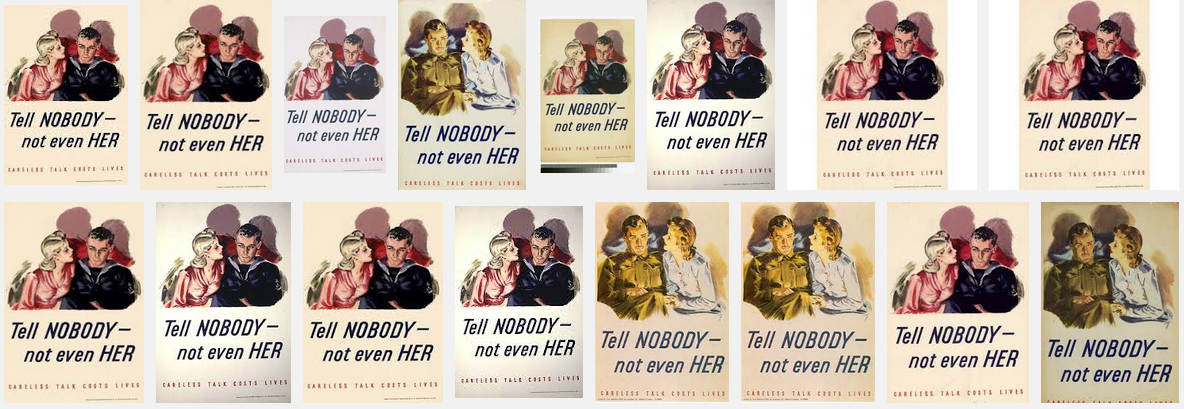Lion Cub’s Cookies - ‘Share a Warm Moment’ - Loneliness Awareness Week 2025
In honor of Loneliness Awareness Week, Columbus-based Lion Cub’s Cookies closed its two booming storefronts on a Saturday, its


Why settle for just publishing rumours found on twitter, when we can have journalism based on metarumours, i.e., rumours about rumours, thanks to Googles "biggest expansion of Google trends since 2012" as announced on the Google blog here. This "new window" into the world with real-time trends serves up results based on what people are searching for " the questions and topics we search for can tell us a great deal about who we are and what we care about" - thus creating real-time trends. If you've been even five minutes on Twitter - now a top "current" result in Googles search engine - you know that someone publishing a single tweet at the right time can start rumours that eventually will be considered truths no matter how often they're disproven. A photo from one conflict can be reused to spout propaganda about a current one. Rejoice, journalists, at this new tool spoonfeeding you what the astroturfing lobbyists and trolls of all stripes want you to see as news. We don't even need "activists journalists" any longer, just enough activist twitterers and searchbots.
Many newsrooms are already using Google data to inform and shape their reporting. Here are a few examples:The Washington Post launched an interactive data visualization on climate change where viewers can discover the most pressing environmental issues in various cities. The Guardian and Buzzfeed used Trends data to tell the story of the recent U.K. election; Buzzfeed produced a map of most-searched party leader in each constituency, and the Guardian used trends during the campaign to showcase what voters were asking Google about the candidates. HLN integrated Google Trends data into their television programming during LGBT Pride Month to explore when terms like “transgender” became widely used around the world. CNN Politics published monthly updates on search interest and top questions around U.S. Presidential candidates as they announce their candidacy.
I can't wait to see the first successful trolling that then is covered in earnest by all Guardian, Vox, Buzzfeed and friends because it trended in searches and on youtube. It's only a matter of time.